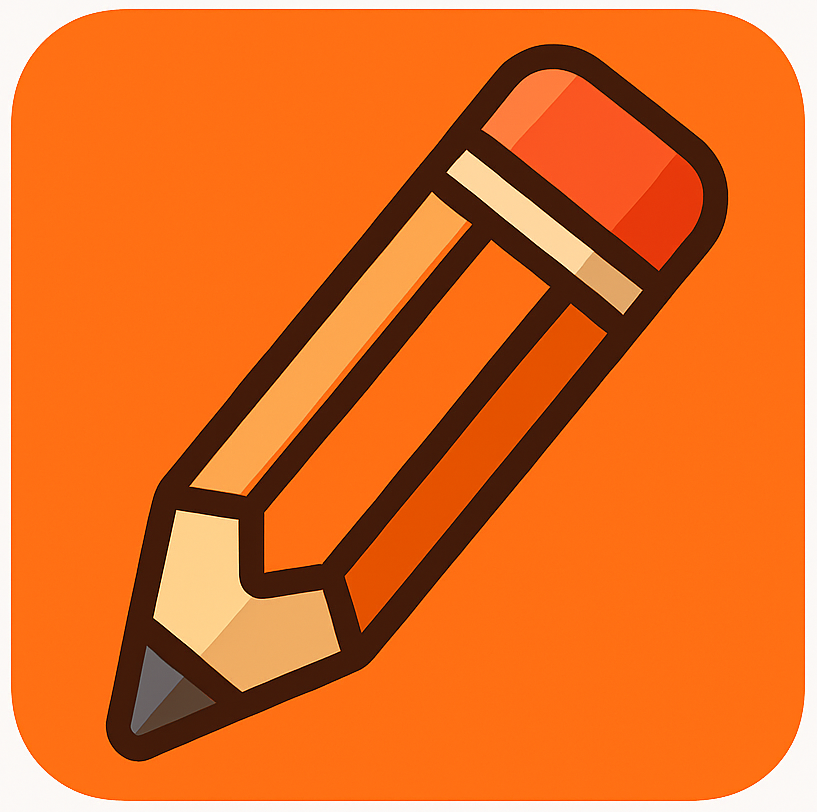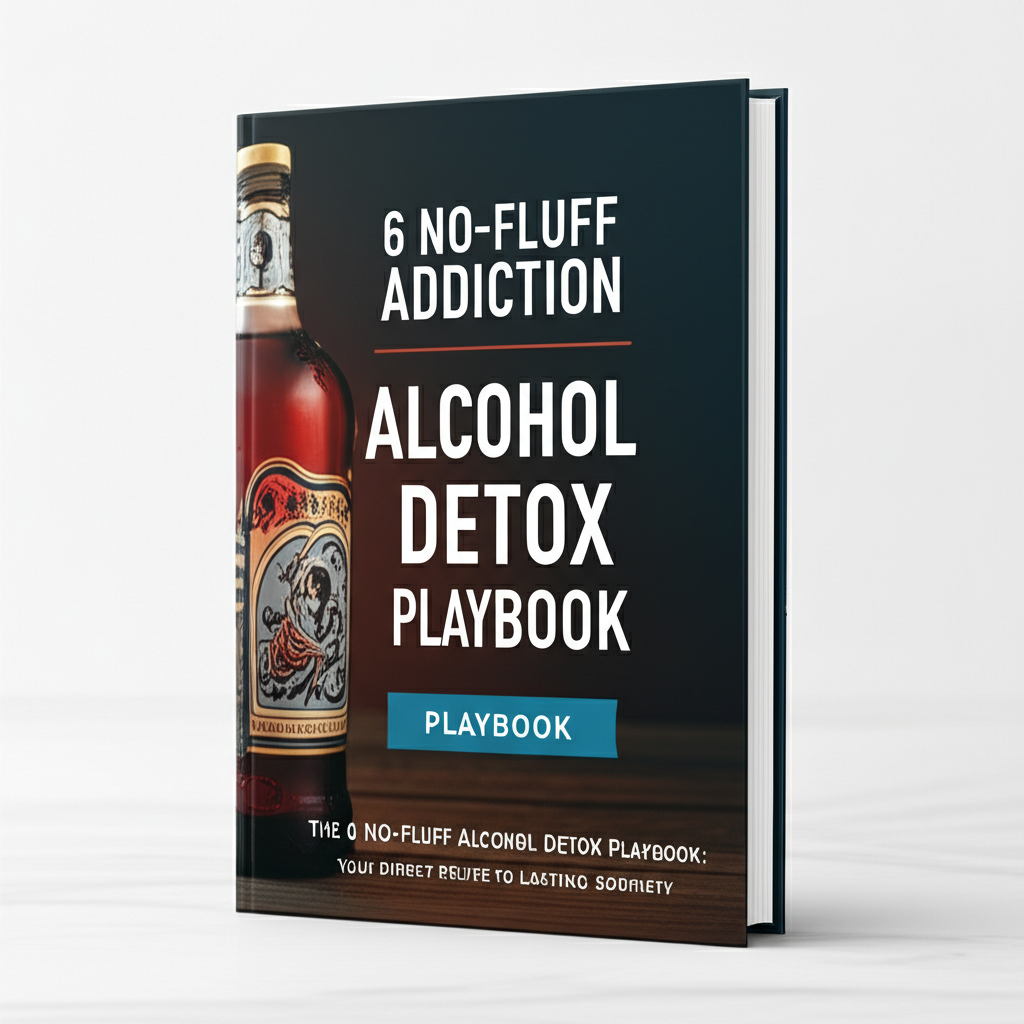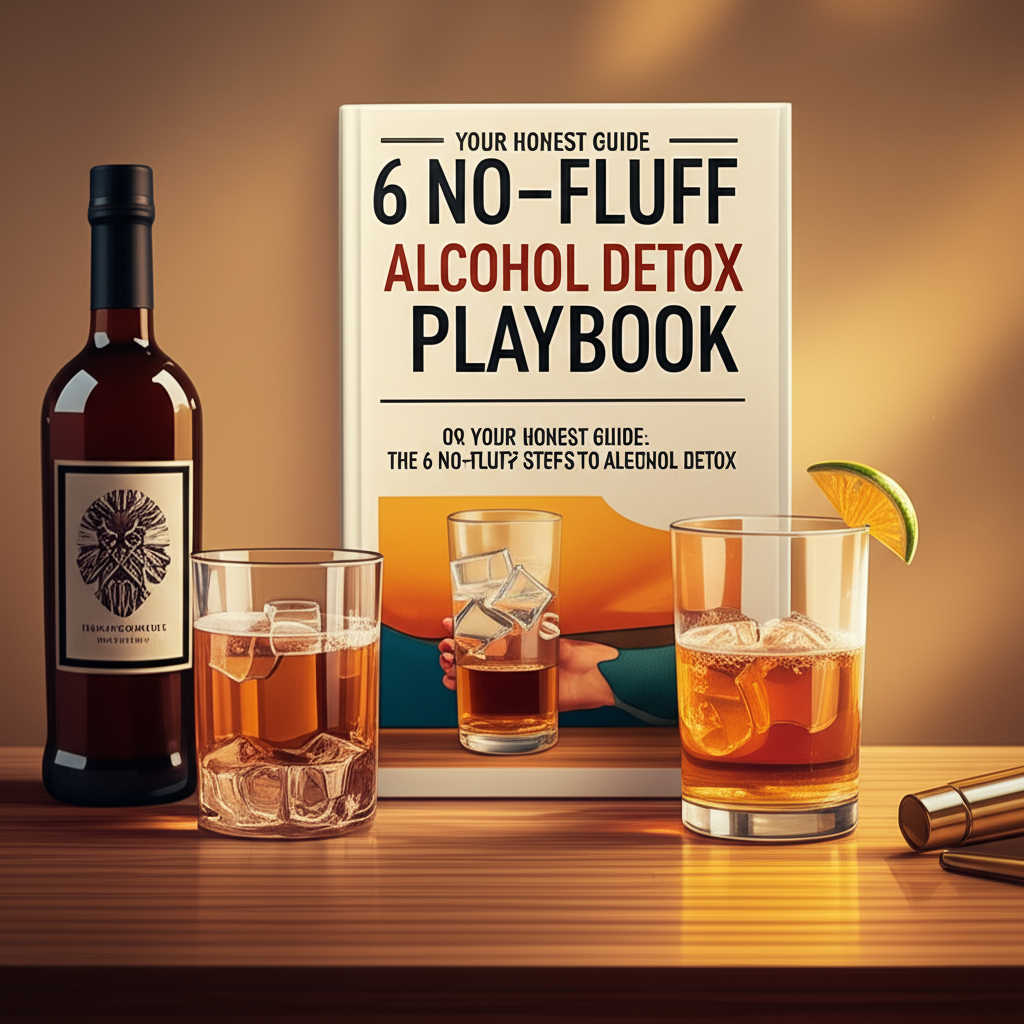In a world that never sleeps, where "busy" has become a badge of honor, the lines between productive drive and compulsive behavior can blur. For high-achievers, entrepreneurs, executives, and anyone juggling an overwhelming schedule, the relentless pace of modern life often comes with immense pressure, stress, and the constant demand to perform. It’s in this fertile ground of ambition and anxiety that addiction, often subtly and insidiously, can take root.
This isn’t about the stereotypical image of addiction; it’s about the silent struggle faced by individuals who appear to have it all together. It’s about the CEO who can’t start his day without five energy drinks, the lawyer who "unwinds" with a bottle of wine every night, the student who relies on Adderall to meet deadlines, or the professional who loses hours to online gambling or endless scrolling. Addiction isn’t a moral failing; it’s a complex health condition that doesn’t discriminate based on your calendar or bank account. Understanding its nuances, recognizing its early signs, and knowing how to seek help are critical skills for anyone navigating a demanding life.
This article will demystify addiction, explain why busy individuals are uniquely susceptible, and offer practical, actionable steps for recognition and recovery – all designed for those whose most precious commodity is time.
Understanding Addiction: More Than Just a "Bad Habit"
Before diving into the specifics for busy individuals, it’s crucial to grasp what addiction truly is. It’s not merely a lack of willpower or a series of bad choices; it’s a chronic, relapsing brain disease characterized by compulsive drug seeking and use, despite harmful consequences.
The Brain’s Role: A Rewiring Process
At its core, addiction involves significant changes in the brain’s reward system.
- Dopamine Surge: When you engage in an enjoyable activity (eating, exercising, social interaction), your brain releases dopamine, a neurotransmitter associated with pleasure and motivation. This reinforces the behavior, making you want to repeat it.
- Artificial Highs: Substances (like alcohol, opioids, stimulants) or behaviors (like gambling, excessive gaming, compulsive shopping) hijack this system, releasing dopamine at much higher levels and more rapidly than natural rewards.
- Learned Association: The brain quickly learns to associate the substance/behavior with intense pleasure or relief, creating a powerful craving.
- Tolerance and Dependence: Over time, the brain adapts, requiring more of the substance/behavior to achieve the same effect (tolerance). The body may also become physically dependent, experiencing withdrawal symptoms if use stops.
- Impaired Control: The brain’s prefrontal cortex, responsible for decision-making, impulse control, and judgment, becomes compromised. This explains why someone might continue using despite knowing the severe negative consequences.
It’s a Health Issue, Not a Moral Failing
Understanding addiction as a disease is vital. It shifts the perspective from shame and blame to one of compassion and treatment. Just as you wouldn’t blame someone for having diabetes or heart disease, addiction requires professional intervention, not just "trying harder." This perspective is particularly important for busy people who often internalize struggles and feel immense pressure to maintain an image of unwavering control.
Why Busy People Are Particularly Vulnerable
The very traits that drive success – ambition, resilience, a high tolerance for stress, and a tendency to push limits – can paradoxically create a fertile ground for addiction.
The Allure of Quick Fixes
Busy lives are synonymous with high stress, long hours, and constant demands. When faced with exhaustion, anxiety, or performance pressure, the appeal of a quick escape or energy boost is immense.
- Stimulants: Coffee, energy drinks, and prescription stimulants (like Adderall or Ritalin, even without a prescription) promise enhanced focus and endless energy to meet deadlines.
- Depressants: Alcohol, sedatives, or opioids offer immediate relaxation and a temporary reprieve from racing thoughts or anxiety, helping to "switch off" after a demanding day.
- Behavioral Escapes: Compulsive internet use, online gaming, gambling, or endless social media scrolling can provide a dopamine hit and a distraction from overwhelming responsibilities, often disguised as "taking a break" or "networking."
These "solutions" offer immediate gratification, but at a long-term cost, creating a vicious cycle where the quick fix becomes a necessity rather than a choice.
Isolation and "Self-Medication"
The demands of a busy schedule often leave little room for healthy coping mechanisms like regular exercise, quality sleep, meaningful social connection, or hobbies. This isolation can lead to:
- Emotional Suppression: Rather than processing difficult emotions, busy individuals might use substances or behaviors to numb feelings of loneliness, stress, or inadequacy.
- Lack of Support: The belief that "I have to do it all myself" prevents reaching out, making self-medication the default.
The "High-Functioning" Trap
Many busy individuals struggling with addiction are "high-functioning." They maintain their careers, families, and outward appearance of success, making it incredibly difficult for others (and themselves) to recognize the problem.
- Denial is Easier: When consequences aren’t immediately catastrophic, it’s easier to rationalize the behavior ("I’m still performing well," "Everyone else does it," "I deserve this after working so hard").
- Hidden Struggle: The immense pressure to maintain an image of control and competence can lead to hiding the addiction, intensifying feelings of shame and isolation.
Recognizing the Signs: When to Pay Attention
For busy individuals, the signs of addiction can be subtle, often masked by the very demands of their schedule. It’s about looking beyond the obvious and noticing shifts in patterns and priorities.
Subtle Shifts in Behavior and Priorities
- Increasing Use: Are you consistently needing more of a substance or engaging in a behavior more frequently to achieve the same effect or feeling? (e.g., "just one more drink" becomes three, or an hour of gaming becomes four).
- Difficulty Cutting Back: Have you tried to reduce or stop your use/behavior and found yourself unable to, despite intending to?
- Neglecting Responsibilities: Are you missing deadlines, showing up late, or making excuses for not attending family events or social gatherings because of your substance use or compulsive behavior?
- Hiding or Lying: Do you find yourself being secretive about your use, minimizing the amount, or lying to loved ones about your activities?
- Obsessive Thinking: Do you spend a significant amount of time thinking about the substance/behavior, planning its use, or recovering from its effects?
- Mood Swings: Experiencing increased irritability, anxiety, depression, or emotional volatility that seems linked to your substance use or behavior.
Impact on Productivity and Relationships
While high-functioning, addiction will inevitably chip away at performance and connection.
- Work Performance: Decreased focus, memory problems, errors, missed deadlines, or a general drop in quality, even if you’re putting in more hours.
- Relationship Strain: Increased arguments with partners or family, withdrawal from social activities, broken promises, or emotional distance.
- Financial Strain: Unexplained financial difficulties due to gambling losses, excessive spending, or costly substance habits.
- Physical Health: Neglecting self-care, persistent fatigue, unexplained illnesses, changes in appetite or sleep patterns, or visible physical deterioration.
Self-Assessment: Honest Questions to Ask
If you suspect you or someone you know might be struggling, consider these questions:
- Do I crave when I’m stressed, tired, or overwhelmed?
- Have I ever felt guilty or ashamed about my use of ?
- Has my use of interfered with my work, family, or other important activities?
- Do I feel defensive or annoyed if someone comments on my use of ?
- Do I need to use more of to get the same effect as before?
- Have I tried to cut down or stop using without success?
- Do I continue using even when I know it’s causing problems?
Breaking the Cycle: Strategies for High-Achievers
Recognizing the problem is the most crucial step. The good news is that just as you strategize to achieve professional goals, you can apply similar discipline to overcome addiction.
1. Acknowledge and Accept
This is often the hardest part. Let go of the need for perfection and the fear of judgment. Acknowledge that you are struggling with a health issue that requires attention. Self-compassion is key here; addiction is not a sign of weakness but a complex challenge.
2. Identify Triggers and Build New Coping Mechanisms
Just like a business process, identify the "inputs" that lead to the "output" (addictive behavior).
- Trigger Mapping: What situations, emotions, or times of day typically lead to your craving or use? (e.g., after a stressful meeting, late at night, when feeling lonely).
- Healthy Alternatives: Replace the addictive behavior with constructive alternatives.
- Mindfulness/Meditation: Even 5-10 minutes can significantly reduce stress. Apps like Calm or Headspace can guide you.
- Physical Activity: A brisk walk, a quick workout, or stretching can release endorphins and clear your head.
- Short Breaks: Step away from your desk, get fresh air, or listen to calming music.
- Creative Outlets: Re-engage with an old hobby or try something new that brings joy without relying on external substances.
3. Set Clear Boundaries and Delegate
Busy people often struggle with saying no. Reclaiming control over your schedule is vital for recovery.
- Protect Your Time: Schedule non-negotiable personal time for self-care, healthy activities, and rest. Treat these appointments with the same importance as client meetings.
- Learn to Delegate: Trust your team. Offload tasks where appropriate to free up mental and physical bandwidth. This isn’t a sign of weakness, but effective leadership.
- Digital Detoxes: Schedule periods away from screens, especially before bed, to reduce compulsive scrolling and improve sleep.
4. Reconnect and Build Support
Isolation fuels addiction. Breaking free requires connection.
- Trusted Confidant: Talk to a close friend, family member, or mentor who you trust. Sharing your struggle can significantly reduce its power.
- Peer Support Groups: Organizations like Alcoholics Anonymous (AA), Narcotics Anonymous (NA), or SMART Recovery offer anonymous, judgment-free spaces. Many now have online meetings that fit diverse schedules.
- Professional Networks: Explore if your workplace offers employee assistance programs (EAPs) for confidential support.
Seeking Help: Resources for Your Schedule
For busy individuals, "finding time" for recovery can feel like an impossible task. However, modern approaches to addiction treatment are increasingly flexible and tailored to demanding lifestyles.
Professional Support: Tailored to Your Needs
- Therapy (CBT, DBT): Cognitive Behavioral Therapy (CBT) and Dialectical Behavior Therapy (DBT) are highly effective in addressing addiction. Many therapists offer:
- Online/Telehealth Sessions: Conducted via video call, eliminating travel time.
- Flexible Scheduling: Early morning, late evening, or weekend appointments can be arranged.
- Addiction Specialists/Coaches: These professionals can provide personalized strategies, accountability, and support, often with flexible scheduling.
- Medical Consultation: A doctor can assess physical dependence, discuss medication-assisted treatment (MAT) options if appropriate (e.g., for opioid or alcohol use disorder), and manage any co-occurring mental health conditions.
Leveraging Technology and Flexible Options
- Online Therapy Platforms: Services like BetterHelp, Talkspace, or specialized addiction platforms connect you with licensed therapists.
- Digital Support Communities: Many support groups have robust online forums and virtual meetings that are accessible 24/7.
- Recovery Apps: Apps like Recovery Record, Sober Grid, or Nomo provide tools for tracking cravings, mood, triggers, and connecting with support.
- Intensive Outpatient Programs (IOPs): These programs offer structured treatment during evenings or weekends, allowing you to maintain work responsibilities while receiving comprehensive care.
The Importance of a "Recovery Plan"
Think of your recovery journey like a critical business project. It needs a plan:
- Define Your "Why": What are your core motivations for change?
- Set SMART Goals: Specific, Measurable, Achievable, Relevant, Time-bound steps.
- Identify Resources: Who will you call for help? What tools will you use?
- Schedule It: Integrate therapy appointments, support group meetings, and self-care activities into your calendar.
- Review and Adapt: Regularly check in on your progress and adjust your plan as needed.
Conclusion
Addiction is a formidable opponent, but it is not unconquerable. For busy individuals, the battle often begins with the courageous act of acknowledging the problem amidst a life that appears outwardly successful. It’s crucial to remember that addiction is a complex health issue, not a personal failing, and seeking help is a sign of strength, not weakness.
By understanding the brain’s role, recognizing the unique vulnerabilities of a high-pressure lifestyle, and being attuned to subtle shifts in behavior, you can identify the early warning signs. Breaking the cycle involves a strategic approach: accepting the reality, building new coping mechanisms, setting firm boundaries, and actively seeking out robust support systems.
Recovery, like any significant achievement, requires dedication, a clear plan, and the willingness to invest in your most valuable asset: your health and well-being. Modern resources offer flexible and discreet options, proving that even the busiest schedules can accommodate the path to lasting recovery. Taking control of your addiction isn’t just about stopping a harmful behavior; it’s about reclaiming your life, enhancing your true productivity, and building a foundation for sustainable success and genuine happiness.








